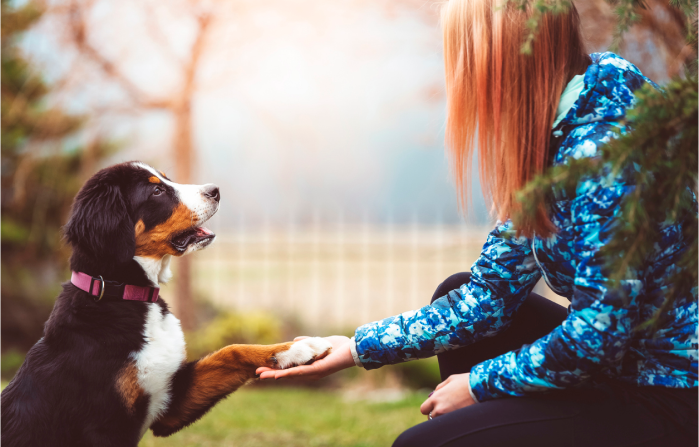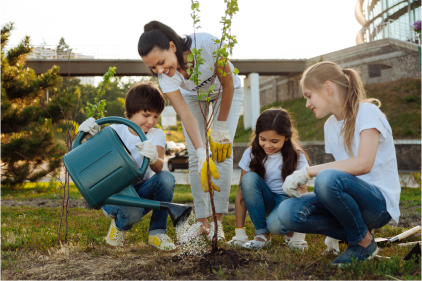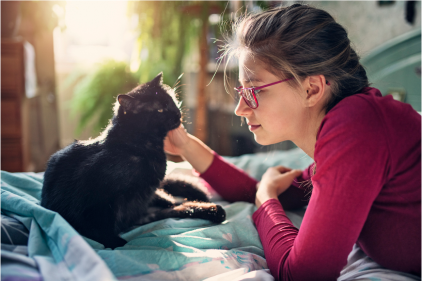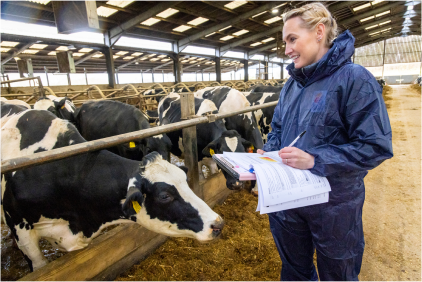Responsibility and Ethics
Our learning programme, tailored for young people aged 7-13, explores the different ways we interact with animals, sparking meaningful discussions. We encourage critical thinking and provide opportunities for young people to learn how to become responsible citizens for people, animals, and our planet.

Deliver content your way
We have a range of different ways to learn about animal welfare, with both informative lessons and practical activities.
For the best experience we suggest:
1. Watching our short video >>>
2. Teaching one of our lessons from below.
3. Completing a practical activity from our library.
Introduction to responsibility and ethics
Explore what responsibility means in our daily lives. Encourage learners to reflect on their current and future responsibilities—both in their personal lives and towards animals and our planet.

Responsibility and ethics for pets
Teach ethical responsibility through the lens of pet care! This engaging lesson explores what animals need to thrive and encourages critical thinking about the role we play in their wellbeing.

Responsibility and ethics for farm animals
Explore the lives of farm animals and the responsibility we have for their care. This thought-provoking lesson encourages students to consider how ethical choices in farming and food can support happier, healthier animals.

Responsibility and ethics for wildlife
Discover how to care for the wild creatures around us! This engaging lesson helps students explore the challenges wildlife face and empowers them to take action to protect and support these amazing animals in their natural habitats.

